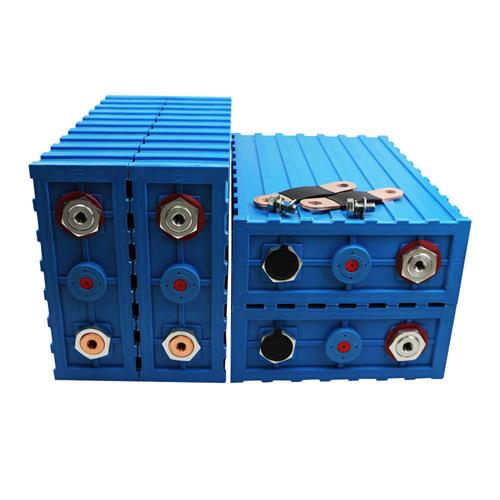How to Store LiFePO4 Batteries Correctly A Comprehensive Guide
How to Store LiFePO4 Batteries Correctly: A Comprehensive Guide
Understanding LiFePO4 Batteries
Lithium Iron Phosphate (LiFePO4) batteries have gained immense popularity due to their safety, stability, and long lifespan. Unlike other lithium-ion batteries, LiFePO4 cells are less prone to overheating and thermal runaway, making them an excellent choice for various applications, including electric vehicles, renewable energy storage, and portable electronics. However, to maximize their performance and longevity, proper storage is crucial. In this article, we will explore the best practices for storing LiFePO4 batteries safely and effectively.
Choosing the Right Environment
When it comes to storing LiFePO4 batteries, the environment plays a vital role in their longevity. Ideally, batteries should be stored in a cool, dry place away from direct sunlight, moisture, and extreme temperatures. The optimal temperature range for storage is between 15°C to 25°C (59°F to 77°F). Avoid places where temperatures can fluctuate drastically, as this can lead to battery degradation over time. Additionally, storing batteries in a well-ventilated area will help prevent the buildup of gases, which can be harmful.
Battery Charge Level Before Storage
One of the most critical factors in battery maintenance is the charge level at which you store them. For LiFePO4 batteries, the ideal storage state is around 50% charge. Storing a battery fully charged or completely depleted can lead to capacity loss or damage over time. If you plan to store your battery for an extended period (typically more than three months), it is advisable to check and recharge it to the optimal level periodically. This proactive approach helps maintain the battery's overall health.

Use of Appropriate Containers

When storing LiFePO4 batteries, using appropriate containers can provide additional protection. Consider using plastic battery cases or storage boxes specifically designed for lithium batteries. These containers should be insulated and fire-retardant to minimize risks. Make sure to keep the batteries upright and avoid stacking them in a manner that could cause physical damage. Additionally, place non-conductive materials, like rubber or foam, between the batteries to prevent short-circuiting.
Regular Maintenance and Inspection
Even when stored correctly, regular maintenance and inspection of LiFePO4 batteries are crucial for ensuring their longevity. Inspect the batteries every few months for any signs of swelling, leakage, or corrosion. If you notice any abnormalities, it’s essential to address them immediately to prevent further damage. Furthermore, clean the terminals gently with a dry cloth to remove any dust or debris, which can interfere with performance.
In Conclusion
Storing LiFePO4 batteries correctly is essential for anyone looking to get the most out of their energy storage systems. By understanding the importance of proper storage conditions, maintaining an appropriate charge level, utilizing suitable containers, and performing regular inspections, you can extend the lifespan of your LiFePO4 batteries significantly. Employ these best practices, and you’ll ensure that your batteries remain safe and efficient, ready for use whenever you need them.

